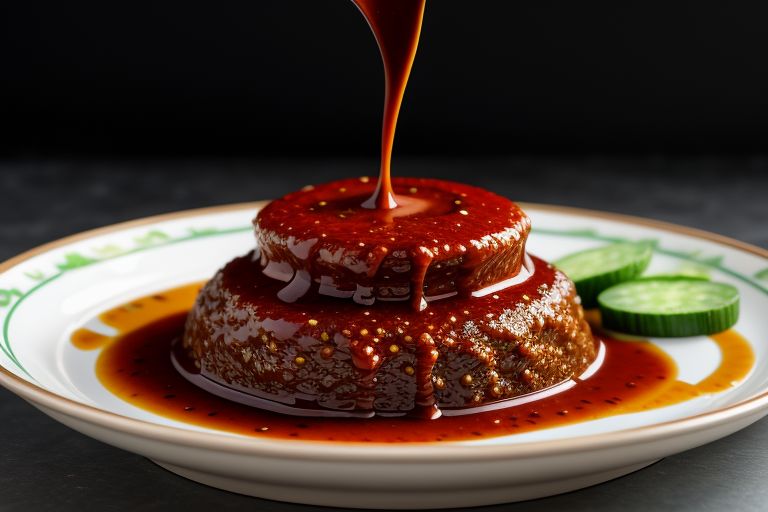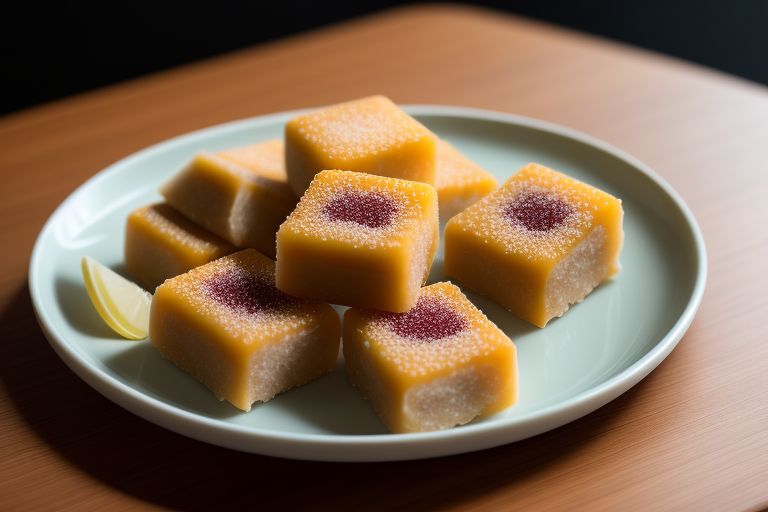Nutritional Gems of Anatolia: Exploring TURKISH Edible Seeds
Edible seeds are a quiet but powerful force in global nutrition, offering immense health benefits and culinary versatility. In Turkey, edible seeds are not only part of traditional cuisine but also serve as vital ingredients in modern health-conscious diets. From sesame to sunflower, pumpkin to nigella, TURKISH edible seeds represent a fusion of ancient farming and contemporary superfood trends.
This article delves into the world of Turkish edible seeds, their cultural significance, health benefits, and how they are embedded in everyday Turkish life and cuisine.
A Legacy Rooted in Tradition
Edible seeds have been used for centuries in Turkish cuisine. They appear in bread, pastries, salads, desserts, and even beverages. These seeds are often grown in the fertile regions of Anatolia, where farming practices have evolved over generations while maintaining an emphasis on natural and sustainable methods.
Some of the most common TURKISH edible seeds include:
- Sesame seeds (Susam): A cornerstone in Turkish baked goods like simit, a sesame-crusted bread ring.
- Sunflower seeds (Ay çekirdeği): Popular as a snack, especially during gatherings or leisurely strolls.
- Pumpkin seeds (Kabak çekirdeği): Eaten roasted and salted or added to health foods.
- Nigella seeds (Çörek otu): Frequently used in traditional pastries and valued for their medicinal properties.
These seeds are harvested, processed, and often roasted to enhance their flavor — all part of the rich culinary craftsmanship of Turkey.
Health Benefits of Turkish Edible Seeds
TURKISH edible seeds are not just tasty; they are nutritional powerhouses packed with essential nutrients such as:
- Healthy fats (especially omega-3 and omega-6)
- Plant-based proteins
- Fiber for digestion
- Minerals like magnesium, zinc, and iron
- Antioxidants that protect against cellular damage
Regular consumption of seeds is linked to numerous health benefits, including improved heart health, better blood sugar regulation, and enhanced skin and hair condition. Turkish edible seeds, due to their high-quality sourcing and minimal processing, are considered among the best in global markets.
Culinary Uses and Modern Trends
Turkish cuisine masterfully integrates seeds into both savory and sweet dishes. For example:
- Simit, often dubbed the “Turkish bagel,” is entirely coated in sesame seeds, offering a crunchy and nutty flavor.
- Börek and other pastries often feature nigella or sesame seeds on top for added aroma and texture.
- In modern kitchens, TURKISH edible seeds are used in smoothies, granola bars, vegan recipes, and health bowls.
As the global demand for plant-based nutrition rises, Turkey’s diverse seed production positions it as a vital contributor to the health food movement.
A Taste of Turkey Awaits
If you’re planning a culinary journey to Turkey to explore these nutritious delicacies, make sure your travel plans are seamless. Citizens of Pakistan can easily start their adventure by applying for a TURKISH VISA FOR PAKISTANI CITIZENS. The electronic visa application process is streamlined and accessible, allowing travelers to focus on the excitement of their upcoming trip.
Likewise, Canadian nationals interested in experiencing Turkey’s rich food culture should explore the TURKISH VISA FOR CANADIANS to understand the visa requirements and ensure smooth entry into the country.
Turkish Seeds in Global Markets
Turkey is not just a consumer but also a global exporter of edible seeds. Turkish sesame and sunflower seeds are highly valued in international markets due to their flavor, oil content, and purity. Many health food brands across Europe, the Middle East, and Asia source their seeds from Turkish suppliers.
The country’s investment in organic farming and sustainable practices ensures that these seeds meet the quality standards demanded by global consumers. As more people shift toward natural and organic diets, TURKISH edible seeds continue to grow in popularity abroad.
Final Thoughts
From traditional simit carts in Istanbul to international health food stores, TURKISH edible seeds make their presence known with flavor, nutrition, and cultural richness. Whether you’re enjoying them as a snack, a salad topping, or a bakery ingredient, these seeds offer a wholesome connection to Turkey’s agricultural heritage and culinary expertise.
Don’t miss your chance to experience these tiny treasures firsthand. Whether you’re applying for a TURKISH VISA FOR PAKISTANI CITIZENS or a TURKISH VISA FOR CANADIANS, your journey into the delicious and healthy world of Turkish cuisine starts with a single step — and a handful of seeds.














Post Comment